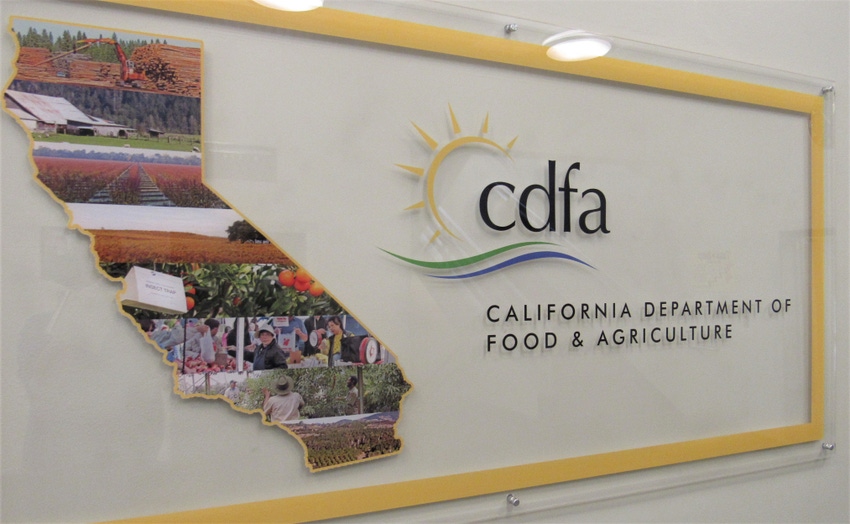August 5, 2020

The California Department of Food and Agriculture has awarded funding for one project within its Proactive Integrated Pest Management (IPM) Solutions grant program. The project will be completed over three years.
Project leader Dr. Brian Hogg, of USDA, and collaborators will receive funding for “Proactive Classical Biological Control of Tuta absoluta in California.” This project will develop a biological control program that uniquely targets T. absoluta, a devastating pest of commercial tomato production.
T. absoluta is a threat to California agriculture and has invaded parts of Europe, Africa and Asia, spreading to more than 60% of global tomato production and causing severe annual economic crop losses. It is predicted to soon arrive in California, where it could imperil the state’s $1.2 billion tomato industry.
This project will proactively identify a high-risk pest that can cause significant damage to a high-volume crop, impact food security and disrupt existing ecosystem service pathways in California agriculture. Further, climate change impacts are expected to support new invasive pests with increased temperatures, and such work will ensure we have a biological solution to address T. absoluta.
Biological solutions are an alternative solution to the use of broach spectrum insecticides. Broad spectrum insecticides, such as chlorpyrifos, and systemic insecticides, such as imidacloprid, have historically been used when new invasive pests arrive in California.
Developing a biological control program for this pest provides California growers with more options for managing an invasion that has food security, environmental and economic impacts. Successful biological control programs are accessible to all growers for no cost because the biological control agents establish in growing regions. This reduces costs to growers while supporting California’s sustainable agriculture goals.
Detailed information on this program, including the application process and application requirements, is available on OPCA’s Proactive IPM Solutions Program webpage.
The Office of Pesticide Consultation and Analysis (OPCA), which is part of CDFA’s Office of Environmental Farming and Innovation, received an annual appropriation of $544,000 for this and other research as part of the 2019-2020 budget.
Part of an additional $3.5 million allocated in the 2019-2020 budget to help California’s farmers transition away from chlorpyrifos was included in this grant cycle.
OPCA’s consultative activities focus on potential pesticide regulatory impacts and pest management alternatives that may mitigate or prevent such impacts on production agriculture. OPCA staff are also involved in other projects relating to pesticide use and alternatives.
Source: California Department of Food and Agriculture, which is solely responsible for the information provided and is wholly owned by the source. Informa Business Media and all its subsidiaries are not responsible for any of the content contained in this information asset.
You May Also Like




